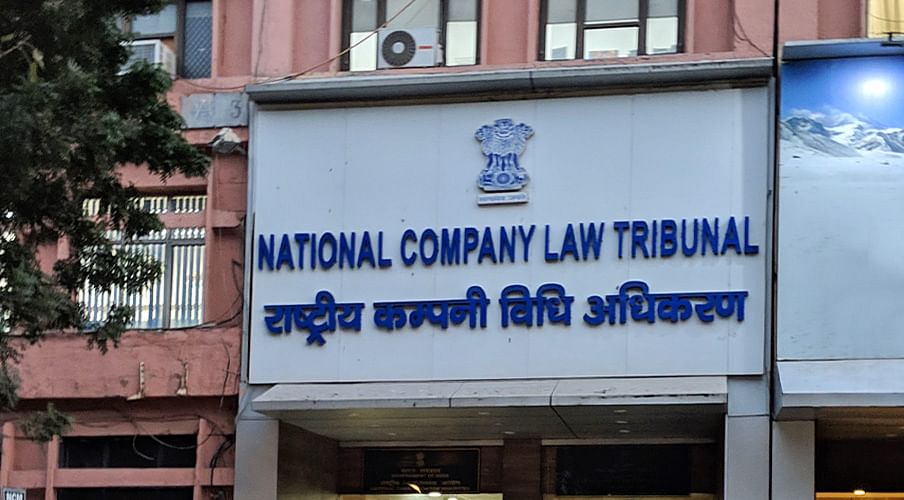Financial Creditors Moving The National Company Law Tribunal for initiation of Insolvency Proceedings have to file the ‘Default Record’ mandatorily from Information Utility. NCLT has directed that no new petitions would be entertained without record of default under Section 7 of the Insolvency and Bankruptcy Code (IBC), 2016.
“All concerned are directed to file default record from Information Utility along with the new petition being filed under Section 7 of Insolvency & Bankruptcy Code, 2016, positively,” said NCLT.
An information utility is basically a repository of electronic evidence. It is an information network that stores financial data like borrowings, default and security interests among others of firms. In India, National e-Governance Services Limited (NeSL) in mid-2017 became the first IU for bankruptcy cases under the insolvency and bankruptcy code.
The order has further directed the parties and the authorised representatives in the cases that are pending for admission under Section 7 of the Insolvency and Bankruptcy Code, are also required to file the ‘default record’ from Information Utility before the next date of hearing.
The petitions will therefore not be entertained without the filing of the default record.
Section 7 of the Insolvency and Bankruptcy Code, 2016 provides for a statutory right in favour of a financial creditor to initiate the process for corporate insolvency resolution of a corporate debtor in case a default occurs in the financial debt owed to any creditor. When such an application is made, the Adjudicating Authority needs to ensure that :
- A default exists
- The application is complete
- No disciplinary proceedings are pending against the proposed resolution professional
The Adjudicating Authority must give the debtor a reasonable opportunity to contest such claim of default by filing a written objection or any other written document as the Adjudicating Authority may direct and provide a reasonable opportunity of hearing to the corporate debtor before admitting the petition filed under Section 7 of the Code.
-India Legal Bureau


